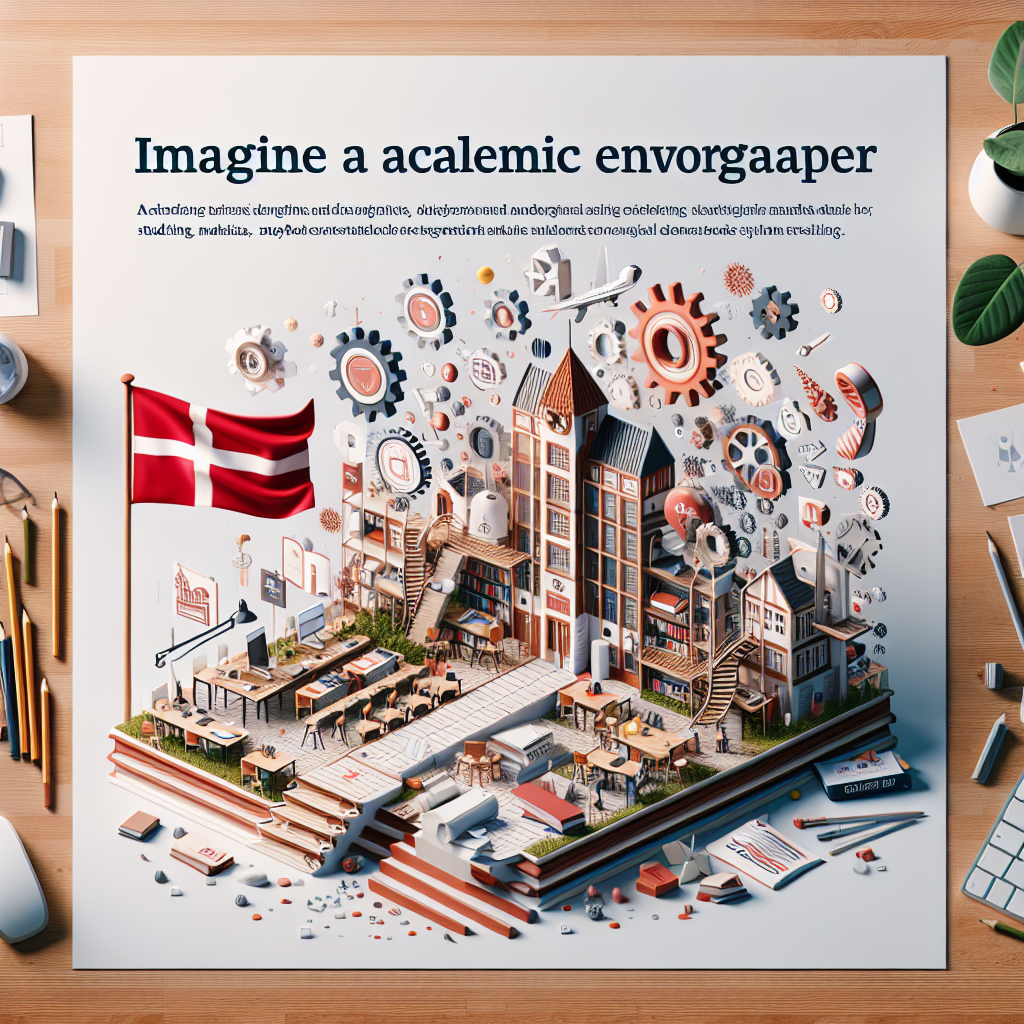Tips for Excelling in Denmark’s Academic Environment
Quick Navigation
Understanding the Danish Academic Culture
Group Work Focus
A defining feature of Danish universities is their emphasis on collaborative work. Students are often required to engage in group assignments, presentations, and semester-long projects. This collaborative approach helps cultivate essential teamwork and problem-solving skills that are indispensable for both academic and professional success.
Informal Learning Environment
Denmark’s academic landscape is characterized by an informal learning atmosphere. Professors, often addressed by their first names, promote a culture of open communication. Students are encouraged to ask questions, seek clarification, and involve themselves actively in discussions. Embracing this informal approach can significantly enhance academic engagement and personal development.
Developing Self-Directed Learning Skills
Embrace Independence
Danish education places a premium on self-directed learning. Students are expected to take ownership of their studies, which necessitates effective time management for lectures, group work, and personal study. This independence fosters a sense of responsibility and prepares students for lifelong learning.
Explore Diverse Study Techniques
To maximize learning outcomes, students should explore various study methodologies that suit their preferences. Whether through attending workshops, engaging in practical projects, or employing visual aids, discovering effective study techniques can elevate academic performance.
Setting Clear Academic Goals
Define Learning Objectives
Establishing clear academic goals is crucial for maintaining focus throughout the educational journey. Students should delineate their learning objectives and break them down into manageable, achievable tasks. This structured approach not only aids in tracking progress but also enhances overall motivation.
Plan for Postgraduate Studies
For those contemplating postgraduate studies or research, it’s advisable to start discussions with academic advisors early on. Engaging with faculty to explore options for bachelor’s or master’s theses can align academic ambitions with available resources, setting the stage for future success.
Embracing Feedback and Adaptability
A critical aspect of the Danish educational experience is the emphasis on feedback. Students should not only seek feedback but also act on it to continuously refine their strategies and improve their performance. Embracing constructive criticism leads to personal growth and academic excellence.
Taking Advantage of Opportunities
Internships and Part-Time Jobs
Many students in Denmark juggle academic responsibilities with part-time jobs or internships. These experiences offer invaluable exposure to real-world environments, allowing students to cultivate professional networks and enhance their employability upon graduation.
Networking and Mentorship
Building relationships with professors and peers is central to enriching the educational experience. Networking can unlock academic and career opportunities, including collaborative research projects and industry partnerships. By fostering these connections, students can significantly enhance their academic trajectory.
Integrating Into Danish Society
Cultural Engagement
To fully engage with their new environment, international students should consider learning the Danish language and participating in social events, such as introduction weeks or campus activities. Such engagement helps cultivate a support network and enriches the overall student experience.
Community Involvement
Joining clubs or study groups is highly encouraged as it helps combat feelings of isolation and fosters a sense of belonging. Participation in community activities can lead to meaningful connections and a deeper understanding of Danish culture.
Maintaining Work-Life Balance
Denmark places a strong emphasis on well-being and work-life balance, crucial for optimizing academic performance. Students should prioritize mental health and ensure that their schedules allow space for personal time, recreation, and social interaction. Achieving a healthy balance between academic responsibilities and personal life can lead to improved focus and productivity.
Conclusion
Successfully navigating Denmark’s academic environment requires a blend of understanding its cultural norms and adopting effective study strategies. By employing the aforementioned tips, international students can empower themselves to thrive in their educational pursuits.
At Study in Denmark, we are committed to supporting international students in their academic journeys by offering resources and guidance tailored to their needs. If you’re interested in exploring pathways to study in Denmark or seek collaboration opportunities, we invite you to
Explore further opportunities to enhance your academic journey in Denmark:Take the Next Step with Study in Denmark


